Asia to become global financial hub and Iran its key component: Dy. FM
Asia is poised to turn into the hub for the global economy and Iran will be playing an important part in that hub, says Iran’s deputy foreign minister for economic affairs, Mehdi Safari.
Safari made the remarks in an interview with Press TV’s Insight show, saying a new Asia-centric global economic order is rapidly taking shape.
He said the Asian continent is on track to become the hub for the global economy and Iran will be one of the key components of this hub, adding that the move from unipolarity to multipolarity is reshaping the global economy.
“The main center of the global economy will be Asia. And I believe that we will become one of the main elements of this center as regional organizations will gain strength,” Safari said.
“I believe that the equations of the world are such that the economy has come back to Asia, that is stretching from West Asia to East Asia and the future belongs to Asia.”
He said while the United States' attention was focused on expanding NATO (the North Atlantic Treaty Organization) military alliance, and dividing Russia after the collapse of the Soviet Union around 30 years ago, countries like China have seized the opportunity to thrive.
“The US came to West Asia and its attention was diverted to the expansion of NATO. Because, they wanted to divide Russia first, then go to other places. In the meantime, this offered an opportunity to some countries like China. It means that the US government forgot about China,” the diplomat said.
Safari stressed that the economic war also created a great opportunity for Iran to make valuable achievements and overcome its military weaknesses.
Following the collapse of the Soviet Union, he said regional cooperation was formed and Asian organizations gradually gained momentum.
The ASEAN (Association of Southeast Asian Nations), the Shanghai Cooperation Organization (SCO), and the five leading emerging economies including Brazil, Russia, India, China, and South Africa (known as BRICS) are developing day by day, he added.
The SCO accounts for 40 percent of the world’s population and 28 percent of the global gross domestic product (GDP).
Iran’s accession to the full SCO membership is expected to be finalized this month, which will be a game-changer for this region.
China, Kyrgyzstan, Pakistan, Russia, Tajikistan, India, Kazakhstan, and Uzbekistan are its current full members. Iran, Afghanistan, Belarus, and Mongolia are observer states.
“Look at the Shanghai Cooperation Organization in this way, the two largest gas producers Iran and Russia and the largest energy consumers are present in this organization,” Safari said.
SCO would expand even further, he said, adding that Azerbaijan has also applied for its membership and Belarus has agreed to be the next, the number is increasing both in terms of area and population.
“Energy is an important issue. The European Union is not self-sufficient in everything. It is weak in [providing] energy. But the Shanghai Cooperation Organization is self-sufficient in everything in terms of energy, population size, raw materials, and technology. Therefore, it is a complete collection.”
In addition to Tehran’s accession to SCO, which can bring about economic benefits, the Islamic Republic’s geographical location also serves it well, he asserted.
Geographically “the Islamic Republic of Iran is a transit route between Russia, China, India, and Central Asian countries and connect them to Europe, either through the Persian Gulf and the sea of Oman, or through the land route, or through the northern route,” the veteran diplomat added.
Iran, China, Russia
Elsewhere in his remarks, Safari said Iran’s relations with China, the regional economic heavyweight, have become strategic over the past decade for a number of reasons.
China’s Belt and Road Initiative, a massive infrastructure project that aims to develop new trade routes connecting China with the rest of the world, transfer China’s global movement away from the sea and onto the land, with Iran at the heart of the road, he said.
The deputy foreign minister also noted that while China has to import six and a half million barrels of its oil through the Persian Gulf and the Sea of Oman, Iran can play a crucial role in providing energy security in the Persian Gulf given that it has a 2000-kilometer border with the strategic body of water.
“Most importantly, Iran is a country with a population of 85 million that borders 15 countries. It also has a large, young and educated workforce, … so, it can be the focus of economic attention in West Asia,” he added.
These are the factors that could make the Islamic Republic a strategic partner of China, he said. The same goes for Russia.
“After all, Russia’s security in the south depends on our security, whether in Central Asia, the caucuses, or the Caspian Sea. So Iran acts as a complement for these two countries.”
Iran, Africa ties
“After Asia, which direction does Iran go? I think Africa is our future,” he hastened to add, pointing to the significance of boosting ties with African countries.
Safari said Iran must be active in African countries as the two countries complement each other.
“They have raw materials, we have the technology. We have energy, we are in a good position regarding petrochemicals, oil products, machines and new technologies, medicine, medical equipment and health tourism,” he added.
Insight into future
Safari said that stabilizing the Iranian rial against the US dollar can be done easily without a doubt, when asked about recent turbulence in the country's forex market.
To some extent, he said, Iran mostly relies on imports rather than exports, which needs to change.
“This is changing and I am sure that this balance will become positive soon. And then our money will become stable and valuable. And Iran will be able to interact with the countries of the world," he said
"This way we can make investments in foreign countries and inside Iran."
China warns of 'measures' following CIA’s Chinese-language recruitment drive
Official warns of ‘strong, decisive’ response to any adventurism against Iran
Palestine Action wins landmark legal victory against UK crackdown
VIDEO | World-class eye hospital in Iran’s Zahedan draws medical tourists
VIDEO | India voter roll revision sparks fear of voting disenfranchisement in India
VIDEO | South Africa voices support for Cuba amid US sanctions, threats
VIDEO | EU approves 90 billion euros more for Ukraine amid growing economic backlash
Trump calls Herzog ‘disgraceful’ for refusing to pardon Netanyahu


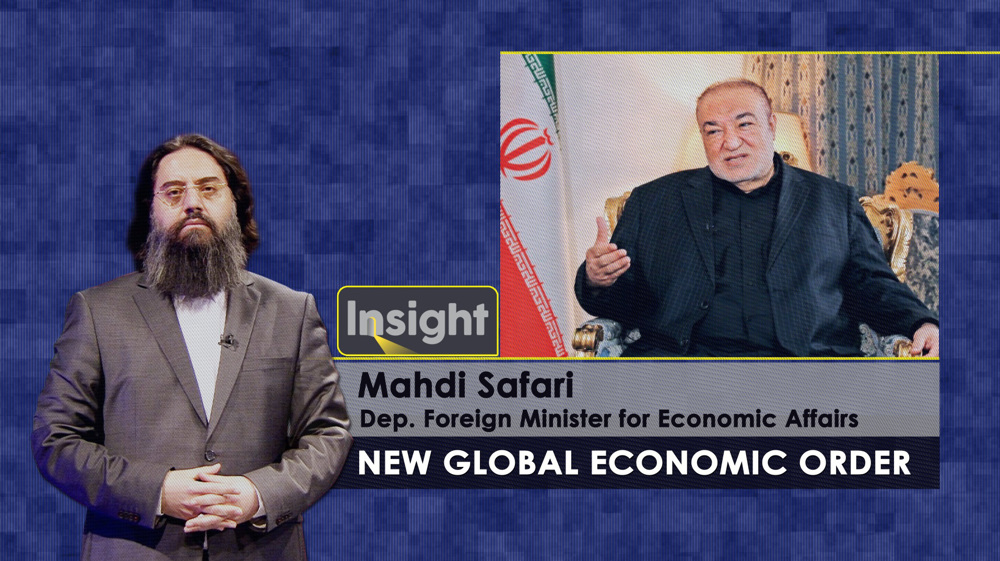
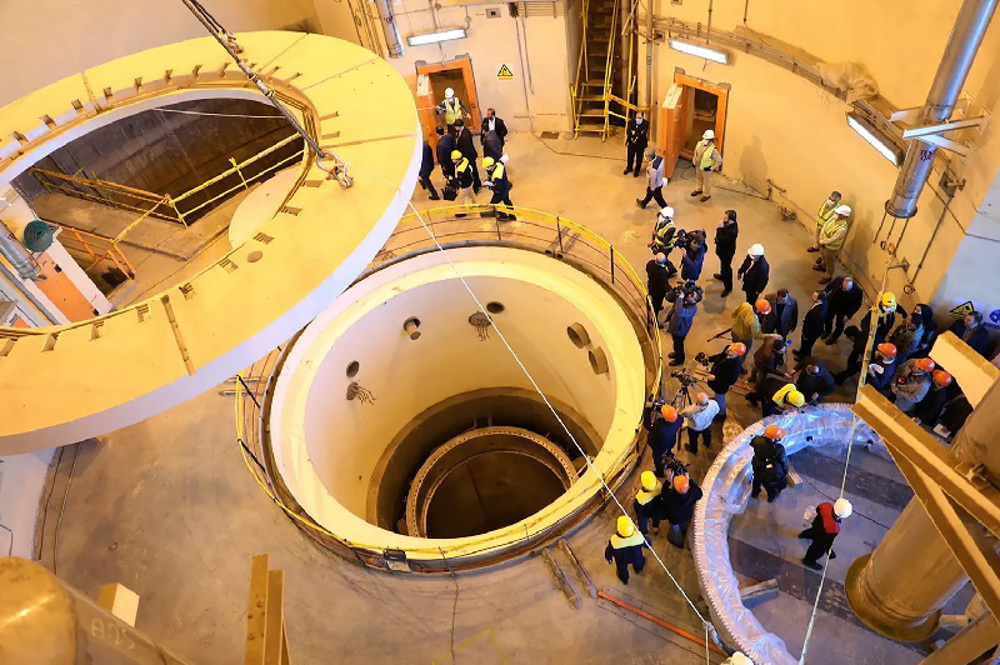
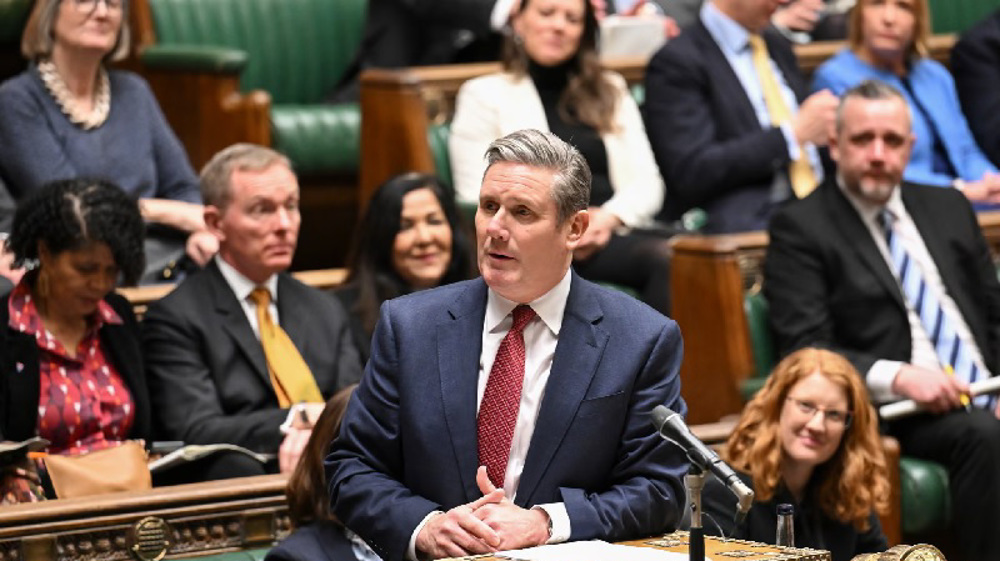
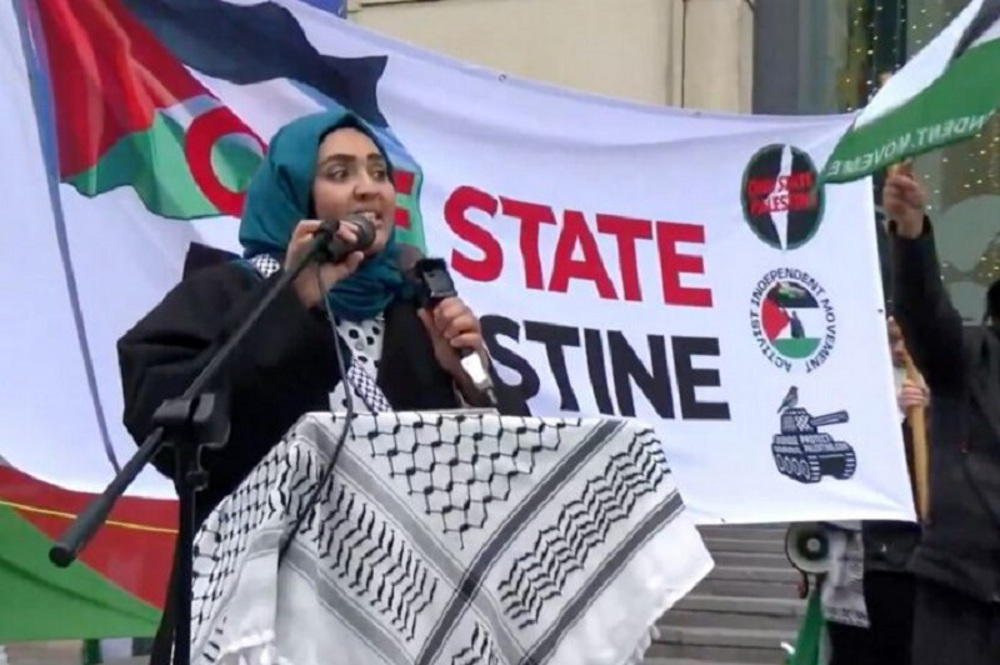



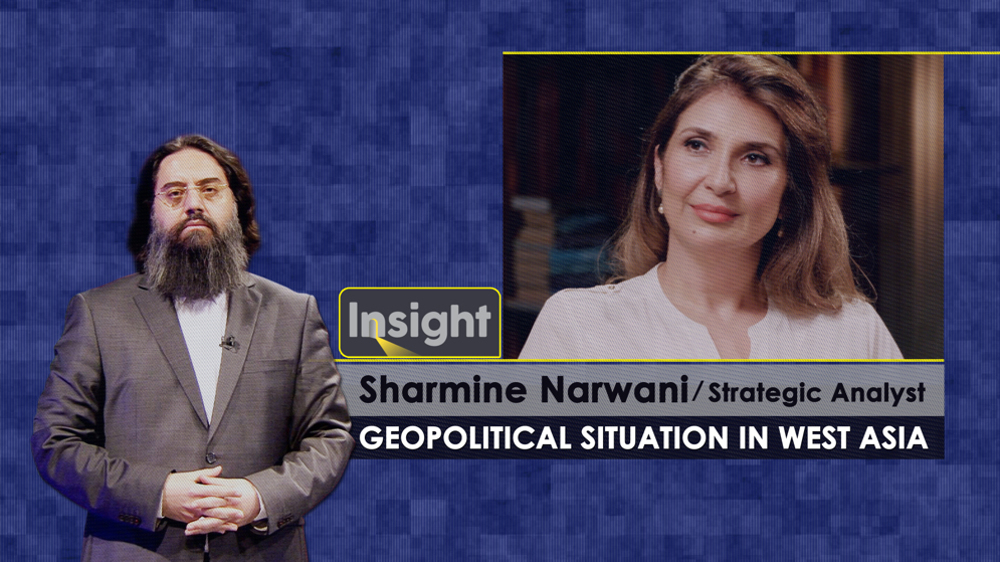
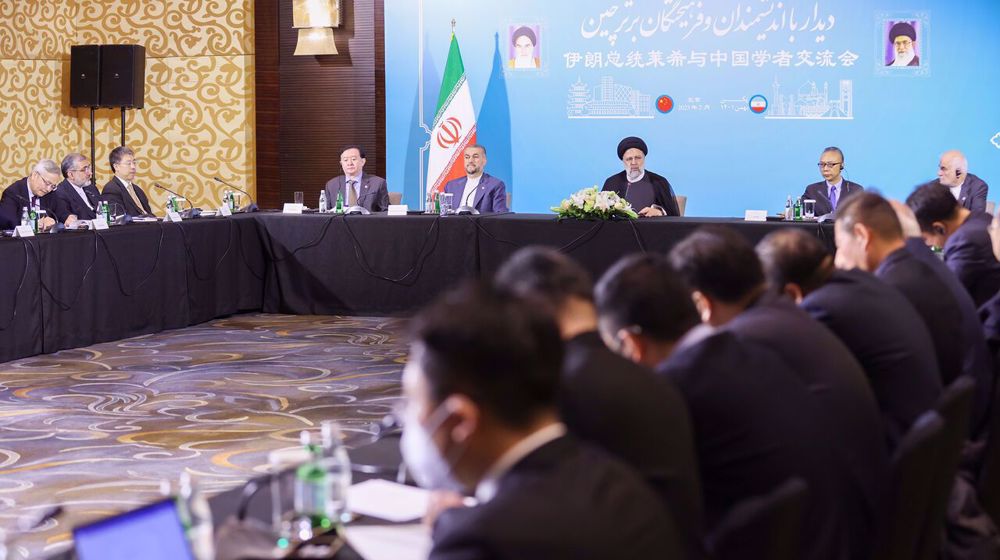
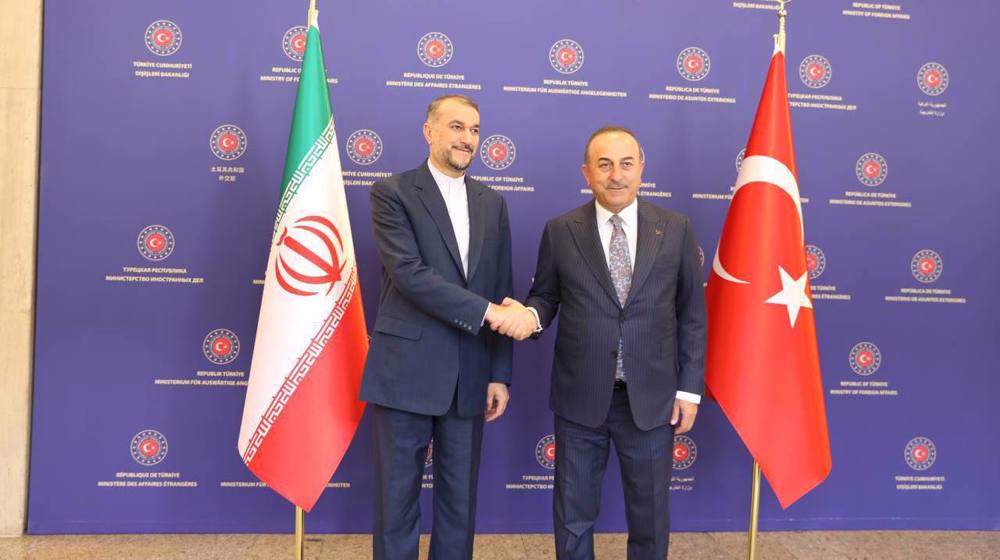
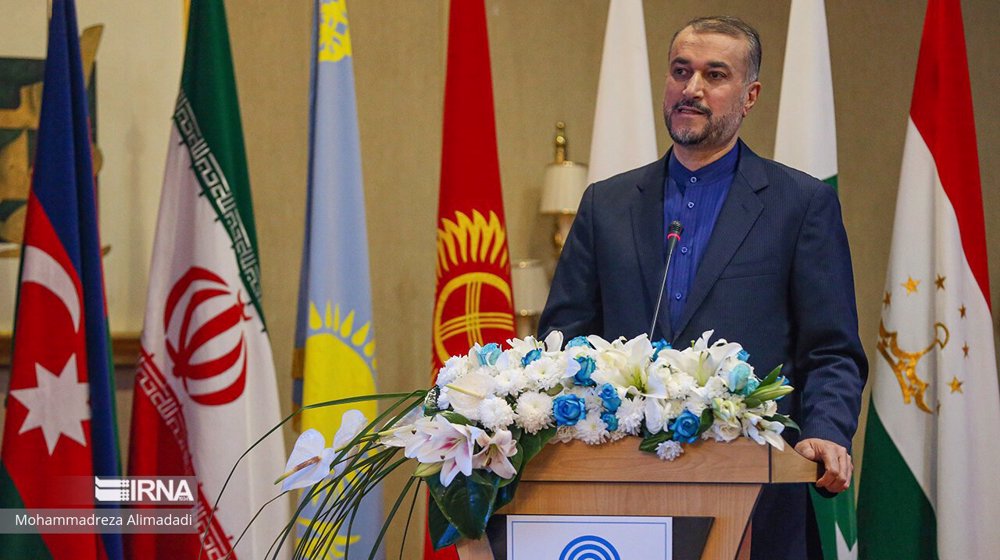
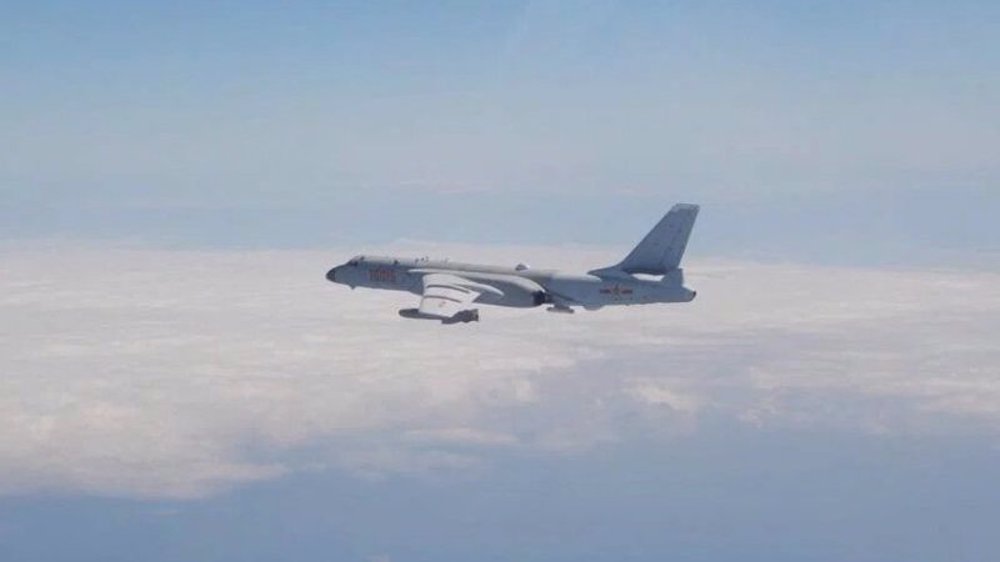
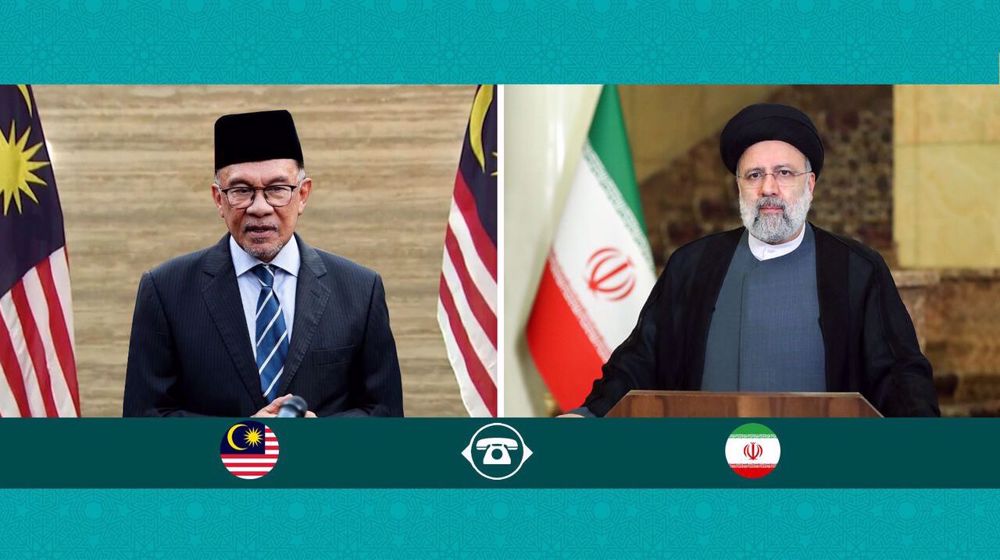

 This makes it easy to access the Press TV website
This makes it easy to access the Press TV website